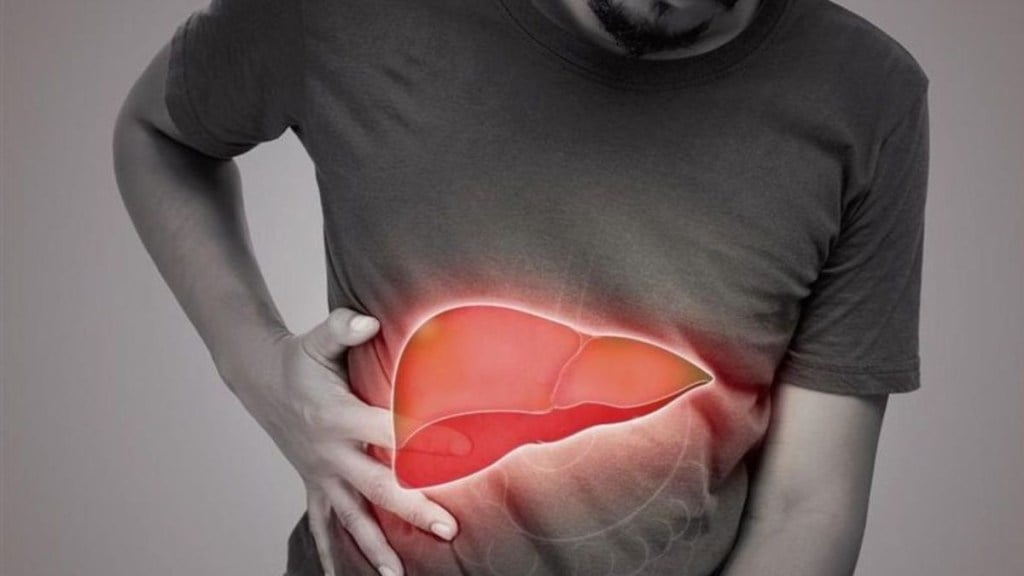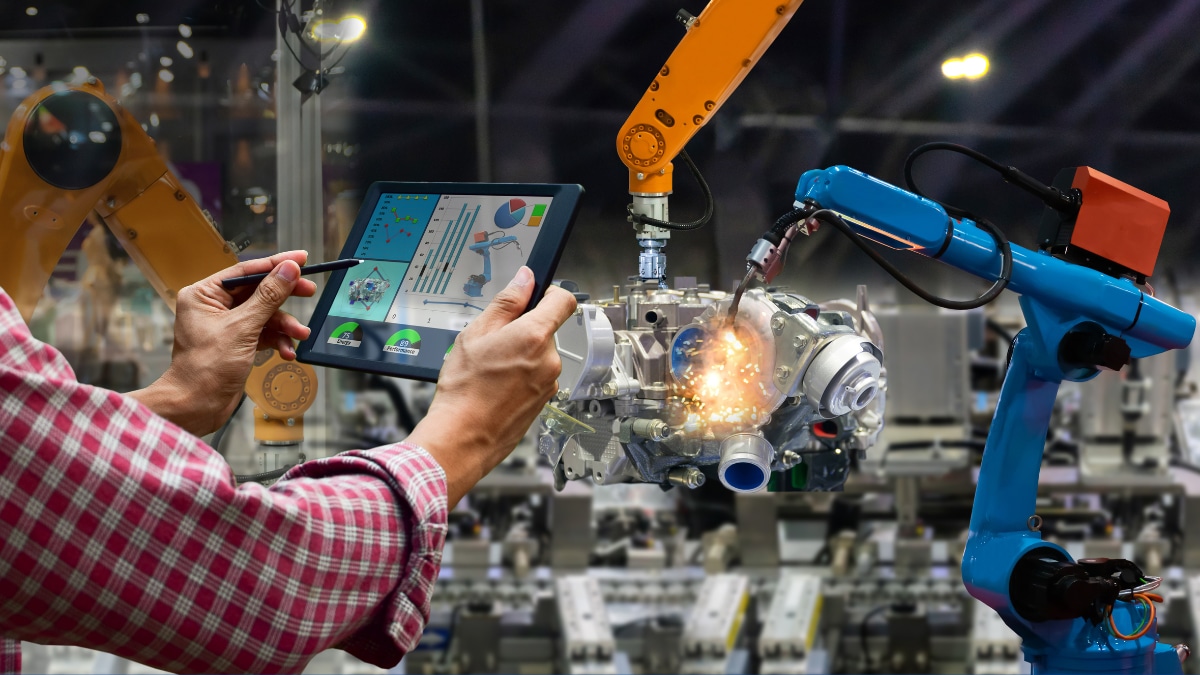In a major medical breakthrough, scientists in Singapore have developed a new artificial intelligence (AI) tool that can accurately predict whether liver cancer will return after treatment or not. The tool, called the Tumour Immune Microenvironment Spatial (TIMES) score, was created through a joint effort between researchers at Singapore General Hospital (SGH) and the Agency for Science, Technology and Research (A*STAR)’s Institute of Molecular and Cell Biology (IMCB).
This tool focuses on hepatocellular carcinoma (HCC), the most common type of liver cancer and one of the deadliest cancers worldwide. HCC is often linked to chronic liver diseases like cirrhosis and accounts for a large number of cancer-related deaths each year. In Singapore alone, about 70 per cent of patients with liver cancer experience a relapse within five years of treatment, making early detection of recurrence extremely important.
How the AI tool works
The TIMES score combines machine learning with a detailed analysis of tumour biology to predict the risk of cancer returning after surgery. It uses a technique called spatial biology to study how immune cells are distributed within the tumour. It also analyses five key genes using a type of machine learning known as XGBoost, which allows the system to detect subtle patterns in the tumour that traditional methods might miss.
One of the key indicators used by the AI is the behaviour of natural killer (NK) cells, which are part of the body’s immune system. The AI looks at how these cells are positioned within the tumour, along with the activity of specific genes, to give doctors a clearer picture of a patient’s risk of relapse. So far, the tool has shown about 82 per cent accuracy, making it more reliable than current clinical prediction tools.
Why this new technology matters
Being able to predict liver cancer recurrence earlier means that doctors can adjust treatment and follow-up plans to give patients a better chance at long-term survival. According to Dr Joe Yeong, one of the lead researchers, the TIMES score represents a big step forward in personalised cancer care. It helps doctors go beyond just diagnosing cancer — it gives them a way to anticipate and prevent it from coming back.
The research team also discovered a biomarker called SPON2, which is linked to the activity of NK cells. This protein helps NK cells find and attack cancer cells more effectively. Understanding how SPON2 works could open up new possibilities for AI-powered immunotherapy in the future.
Ready for wider use
The TIMES system has already been tested on tissue samples from 231 patients across five hospitals, proving its effectiveness across different patient groups. To make the tool more accessible, the team has launched an online portal where doctors can upload tissue images and get AI-generated predictions on cancer recurrence risk.
The software behind the TIMES tool has been patented, and further testing will take place at SGH and the National Cancer Centre Singapore later this year. The team is also working with partners to turn it into a diagnostic kit that can be used in hospitals as part of routine care.
If all goes well, this AI-powered tool could transform liver cancer care, giving doctors a much-needed advantage in the fight against one of the world’s deadliest cancers.








